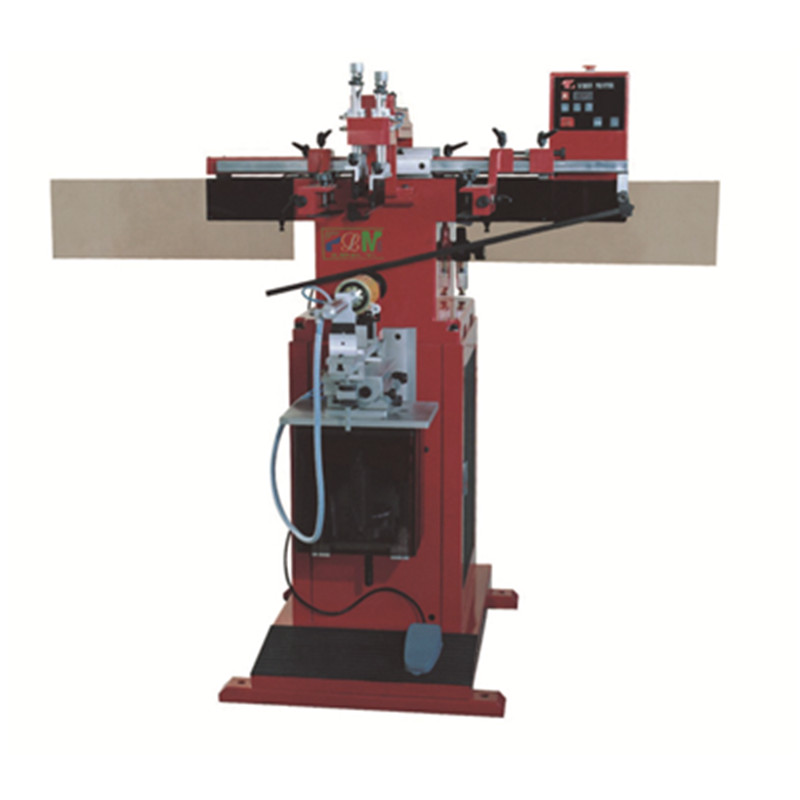Dec . 09, 2024 20:24 Back to list
Explore Effective Air Purifier Options for Cleaner Indoor Air Quality
Choosing the Right Air Purifier A Comprehensive Guide to Filter Technologies
In recent years, air purifiers have become increasingly popular as people seek to improve indoor air quality in their homes and workplaces. With concerns over pollutants, allergens, and airborne pathogens, many are turning to these devices for relief. However, selecting the right air purifier can be challenging, especially considering the various types of filters available. This article aims to elucidate the different filter technologies used in air purifiers, their benefits, and how to choose the best one for your needs.
The Importance of Air Purifiers
Indoor air can be two to five times more polluted than outdoor air, according to the Environmental Protection Agency (EPA). Common pollutants include dust, pet dander, pollen, mold spores, smoke, and volatile organic compounds (VOCs) emitted from household products. An effective air purifier can significantly reduce these pollutants, making the air cleaner and healthier to breathe.
Types of Air Purifier Filters
1. HEPA Filters High-Efficiency Particulate Air (HEPA) filters are widely regarded as the gold standard in air purification. These filters can trap particles as small as 0.3 microns with an efficiency of 99.97%. This includes allergens such as pollen, pet dander, and mold spores. For anyone suffering from allergies or asthma, an air purifier equipped with a HEPA filter is often recommended. However, HEPA filters need to be replaced periodically to maintain effectiveness.
2. Activated Carbon Filters These filters are designed to absorb odors and harmful gases. Activated carbon filters work by using a process called adsorption, where particles stick to the surface of the carbon. They are particularly effective against smoke, VOCs, and household odors but do not capture larger airborne particles. Many air purifiers combine HEPA and activated carbon filters for comprehensive air cleaning.
3. UV-C Light Filters Ultraviolet (UV) light filters kill bacteria, viruses, and molds by damaging their DNA. While they are excellent for eliminating biological contaminants, they are often used in conjunction with other filter types, such as HEPA, for enhanced air purification. However, it is important to note that UV-C filters do not capture particles; they only neutralize pathogens.
4. Ionizers and Electrostatic Filters Ionizers work by emitting negative ions that attach to positively charged particles, causing them to clump together and fall to the ground or be captured by the purifier. While effective in reducing particulate matter, ionizers can produce ozone as a byproduct, which can be harmful in high concentrations. Electrostatic filters use similar principles to attract particles to a charged surface. Both types require regular maintenance to function effectively.
filter air purifier products

5. Pre-Filters Often overlooked, pre-filters trap larger particles like dust and hair, extending the lifespan of the main filter. They are typically washable and can save money on replacements while improving the overall efficiency of the air purifier.
Selecting the Right Air Purifier for Your Needs
When choosing an air purifier, consider the following factors
- Room Size Ensure the air purifier is rated for the size of the room where it will be used. Many manufacturers provide a Clean Air Delivery Rate (CADR) rating that indicates how quickly the purifier can clean the air in that space.
- Specific Concerns If you have specific allergies or health conditions, look for models with HEPA filters or those designed to tackle your specific issues, such as smoke or pet dander.
- Maintenance and Replacement Costs Factor in the cost of replacing filters and any additional maintenance required to keep the purifier functioning efficiently.
- Noise Levels Some air purifiers can be noisy, particularly on higher settings. Check for decibel levels to find a model that suits your comfort.
Conclusion
Investing in an air purifier can significantly enhance indoor air quality and contribute to better health and well-being. Understanding the different filter types—HEPA, activated carbon, UV-C light, ionizers, and pre-filters—will help you make an informed decision based on your specific needs. By considering room size, health concerns, maintenance costs, and noise levels, you can choose the right air purifier for your home or office, ensuring cleaner and fresher air for years to come.
-
Active Carbon Air Filter for Air Purifier – Superior Odor & Allergen Removal
NewsJul.24,2025
-
High-Efficiency Active Carbon Air Filter for Air Purifier | Odor & Allergen Removal
NewsJul.23,2025
-
Active Carbon Air Filter for Air Purifier – High Efficiency Filtration Solution
NewsJul.22,2025
-
Durable Sintered Porous Metal Filter Tube Cup & Machines
NewsJul.22,2025
-
Effective Active Carbon Air Filter for Purifiers | Eliminate Odors
NewsJul.21,2025
-
PLJT-250-25 Full-auto Turntable Clipping Machine | Efficient Automation
NewsJul.20,2025
